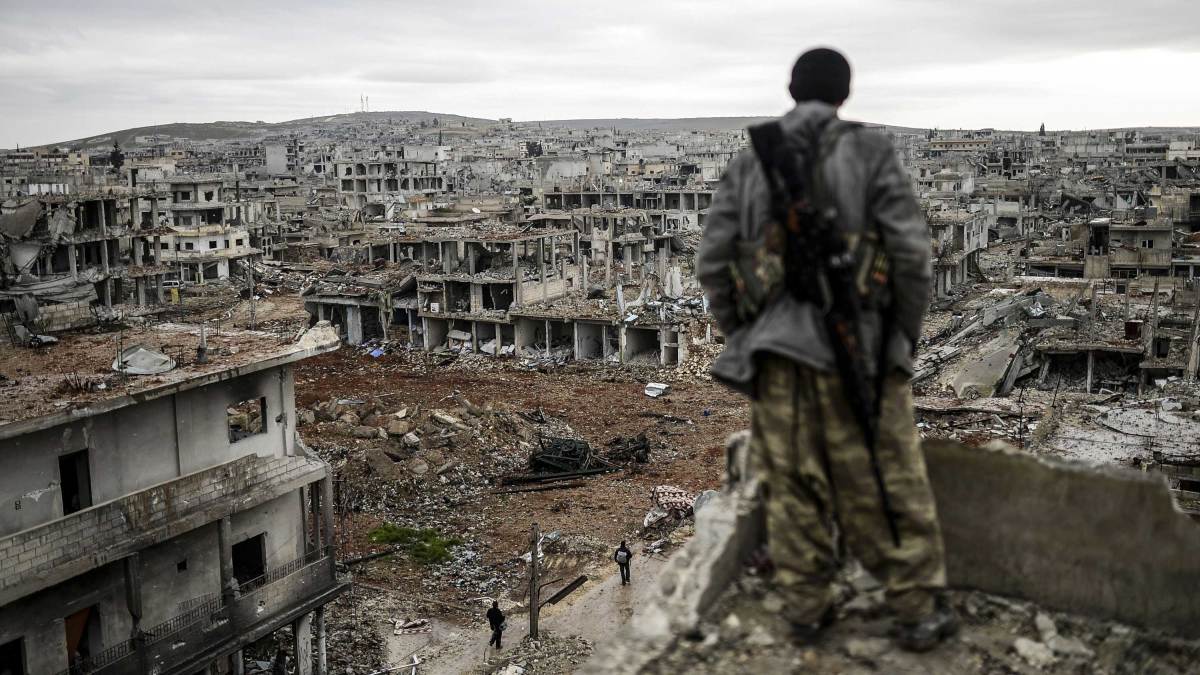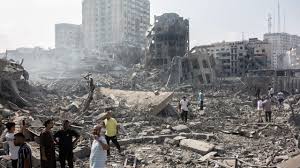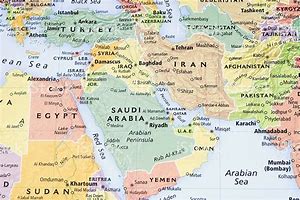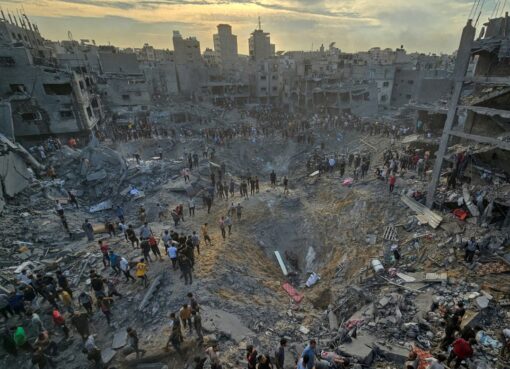It has been three weeks since Russian forces joined the battle to assist President Assad’s army against its opposition militias including Islamist groups like Daesh (ISIS) and Jabhat al-Nusra, affiliated with the Al Qaida. It is time to take stock of the situation as reports suggest that large number of civilians, mainly women and children, were killed on October 20 in a Russian bombing. According to London-based Syrian Observatory for Human Rights, about 120 persons died or injured in Russian strikes on areas in Jabal al-Akrel in northern country side of Latakia. If these reports are correct, it might quickly turn public opinion against Russia and consequent increase in flow of volunteers for Islamist groups.
Fierce clashes are reported in several conflict zones between Assad’s troops, aided by Russian air support and Iranian/Hizbullah forces, and opposition militias. These include Jobar neighborhood at the outskirts of Capital Damascus, in and around Aleppo city including Kwerisair base, and Latakia countryside. Government troops appear to have made some gains recovering a few villages near Aleppo held by rebel groups. These gains may help Syrian army to clinch control lines of communication between the city and areas under control of the regime.
Meanwhile, rebel forces supported by US and its allies also inflicted some damages to Assad’s military, thanks to sudden spark in supplies of war equipment, particularly the powerful American-made TOW anti-tank missiles. New York Times quoted an insurgent commander, Ahmad al- Saud, saying that his group, Division 13, had destroyed seven armored vehicles and tanks with seven TOWs.
While none of the above claims could immediately be verified, what becomes clear is that neither side made any major gains or losses. Both appear to be holding on to the areas controlled by them. It is going to be a long drawn out battle, whose end point is still very hazy.
Such an extended war may damage the reputation of both the US and Russia as that would bring an advantage to Islamist groups, who joined together to declare a “holy” war against the two powers. There appears to be a tactical understanding to avoid mid-air collisions, but Washington is reluctant to coordinate with Moscow to jointly remove the Islamist forces. They cannot agree as their war objectives are totally contradictory with US demanding Assad’s removal, while Russia going all out to protect him. If the two sides do not come to terms sooner or later, Syria may end up facing proxy war and Daesh/al-Nusra gaining the upper hand.
Islamist groups and their sympathizers have already activated their psychological warfare to denounce American and Russian interventions. Riyad as-Seyyid, writing in Asharq Al-Awsat newspaper, spoke of four “foreign-led holy wars against Arabs,” namely “Jewish Zionist colonizers”, “Iranian Shiite proselytism,” “IS jihadis,” and “Russian Orthodoxy”. It may be noted that Russian Orthodox Church described Putin’s action in Syria as a “holy war”.
Recollections of Soviet defeat in Afghanistan are the current popular topic of conversations on the social media among the jihadi groups in Syria. Daesh as well as al-Nusra brought out separate audio-visual messages threatening to create new examples of the US and Russia.
Abdullah bin Mohammed, an al-Qaeda theorist and widely cited analyst with 276,000 followers on Twitter, told on-line paper `Al-Monitor’ that Russian intervention has attracted many Syrians to volunteer to join the jihadi groups. Moscow has so far been cautious and restricted itself to limited aerial support like the Americans are doing.
US and Russia have no choice, but to act together fast. Even if US cannot be seen working together with Russia, for domestic reasons as well as sensitivity of Middle Eastern allies, the two would do better to have behind the scenes coordination to hit at the Islamist groups.
Russia is open to have the US-supported Free Syrian Army (FSA) as negotiating partner. US and its allies have now come around to tolerate the prospect of Assad remaining as President in the interim pending final resolution. As there is such a meeting point, some pressure on the two sides would do well to come to negotiating table. India may revive its efforts to provide that stimulus.
Ends




